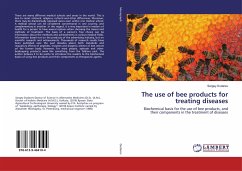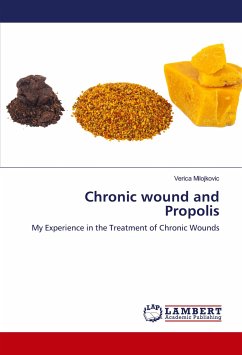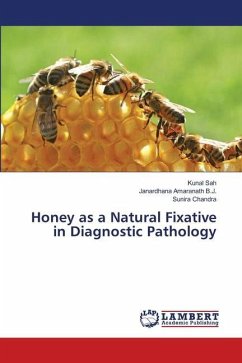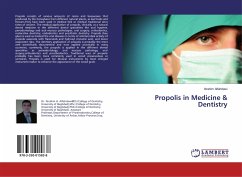There are many different medical schools and areas in the world. This is due to racial, national, religious, cultural and other differences. Moreover, there may be diametrically opposed views even within one medical school. A medical school can be considered conventional in one country, and complementary in another. In this regard, it is very important in matters of health for a person to have several options when choosing the means and methods of treatment. The basis of a person's free choice can be information about the methods and achievements in various medical fields. Information based not on the products of the advertising industry, but on scientific research and achievements. Thousands of research results have been published over the past decades about both metabolic and regulatory effects of peptides, enzymes and biogenic amines of bee venom on the human body. However, for most people, apitoxin and other beekeeping products seem like something from the folklore past. The author believes it to be useful to introduce the readers to the biochemical basics of using bee products and their components as therapeutic agents.
Bitte wählen Sie Ihr Anliegen aus.
Rechnungen
Retourenschein anfordern
Bestellstatus
Storno








